每天坚持英语学习,为什么还是学不好?
题主大二汪,从小到大英语都不好,高考英语 80 多分,但我也没有不好好学英语,单词背了很多也做了很多题,小学初中高中老师布置的英语作业也都有认真做,但感觉不管怎么努力都很难学好。
前面文章有谈过许多关于英文词典,时至今日,感觉前面的许多内容有点过时,得更新与补充一下,毕竟词典工具书有时候也得与时俱进。
There are some dictionaries in the English language which, as many reviewers, writers and language-lovers have pointed out, are good not only for reference, but for general reading as well. Like The OED, The Oxford Dictionary of English, Longman Dictionary of Contemporary English, Merriam-Webster's Advanced Learner's English Dictionary, Collins COBUILD Advanced Learner's Dictionary and so on. Once one uses it, it will give us the charm and make us experience the absorbing voyage of discovery.
今天从当下所有英文词典开始谈起,分下面几个范畴:
1.The Full-size and Unabridged Dictionary
2.Collegiate Dictionary
3.Learner's Dictionary
4.Collocations and Thesaurus
5.英汉词典
首先,The Full-size and Unabridged Dictionary, 这是英语世界里面词典中的鼻祖,都是complete,unabridged版本,一共有以下词典:
1. Oxford English Dictionary Additions Series Volume 1
2. Oxford English Dictionary Additions Series Volume 2
3. Oxford English Dictionary Additions Series Volume 3
4. Shorter Oxford English Dictionary on Historical Principles. Volume I A-M(Sixth Edition)
5. Shorter Oxford English Dictionary on Historical Principles. Volume II N-Z(Sixth Edition)
6. A Guide to the Oxford English Dictionary
7. The Oxford English Dictionary Volume I
8. The Oxford English Dictionary Volume II
9. The Oxford English Dictionary Volume III
10. The Oxford English Dictionary Volume IV
11. The Oxford English Dictionary Volume V
12. The Oxford English Dictionary Volume VI
13. The Oxford English Dictionary Volume VII
14. The Oxford English Dictionary Volume VIII
15. The Oxford English Dictionary Volume IX
16. The Oxford English Dictionary Volume X
17. The Oxford English Dictionary Volume XI
18. The Oxford English Dictionary Volume XII
19. The Oxford English Dictionary Volume XIII
20. The Oxford English Dictionary Volume XIV
21. The Oxford English Dictionary Volume XV
22. The Oxford English Dictionary Volume XVI
23. The Oxford English Dictionary Volume XVII
24. The Oxford English Dictionary Volume XVIII
25. The Oxford English Dictionary Volume XIX
26. The Oxford English Dictionary Volume XX
27. Collins English Dictionary (11th Edition)
28. Concise Oxford English Dictionary (Twelfth Edition)
29. New Oxford American Dictionary(Third Edition)
30. Oxford Dictionary of English (Third Edition)
31. Pocket Oxford English Dictionary (Eleventh Edition)
32. Random House Webster's Unabridged Dictionary(Second Edition)
33. The American Heritage Dictionary of the English language (Fifth Edition)
34. The Chambers Dictionary(11th Edition)
35. The Macquarie Dictionary
36. The Merriam-Webster Dictionary
37. Webster's Third New International Dictionary of the English Language Unabridged
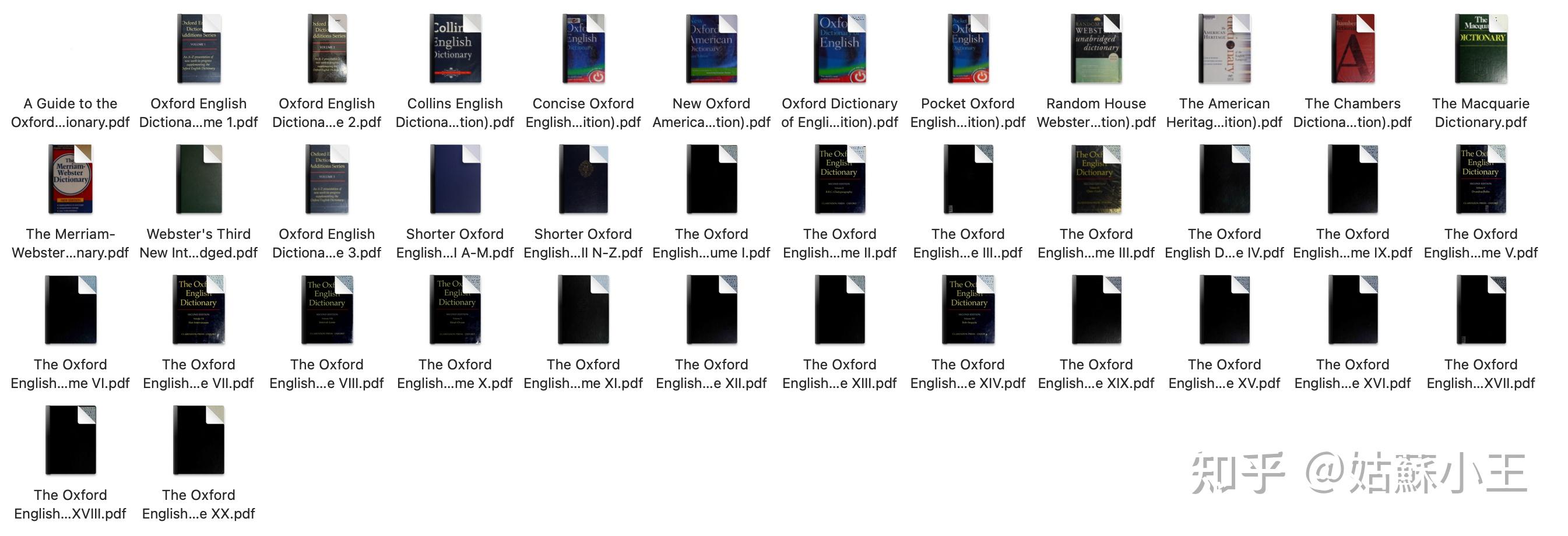
 The Full-size and Unabridged Dictionary
The Full-size and Unabridged Dictionary
 Oxford Dictionary of English (Third Edition)
Oxford Dictionary of English (Third Edition)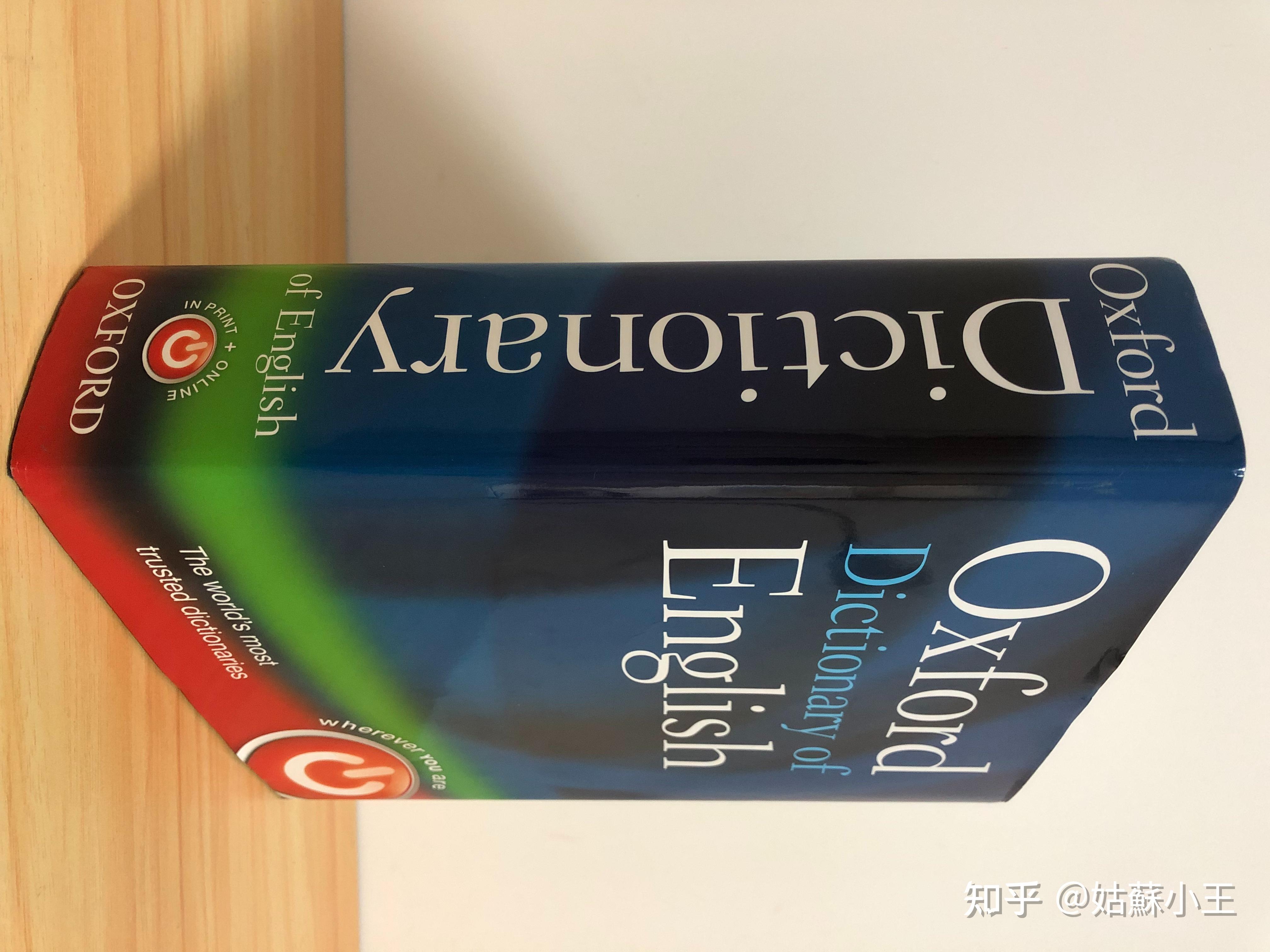
 纸质版本第三版 Oxford Dictionary of English
纸质版本第三版 Oxford Dictionary of English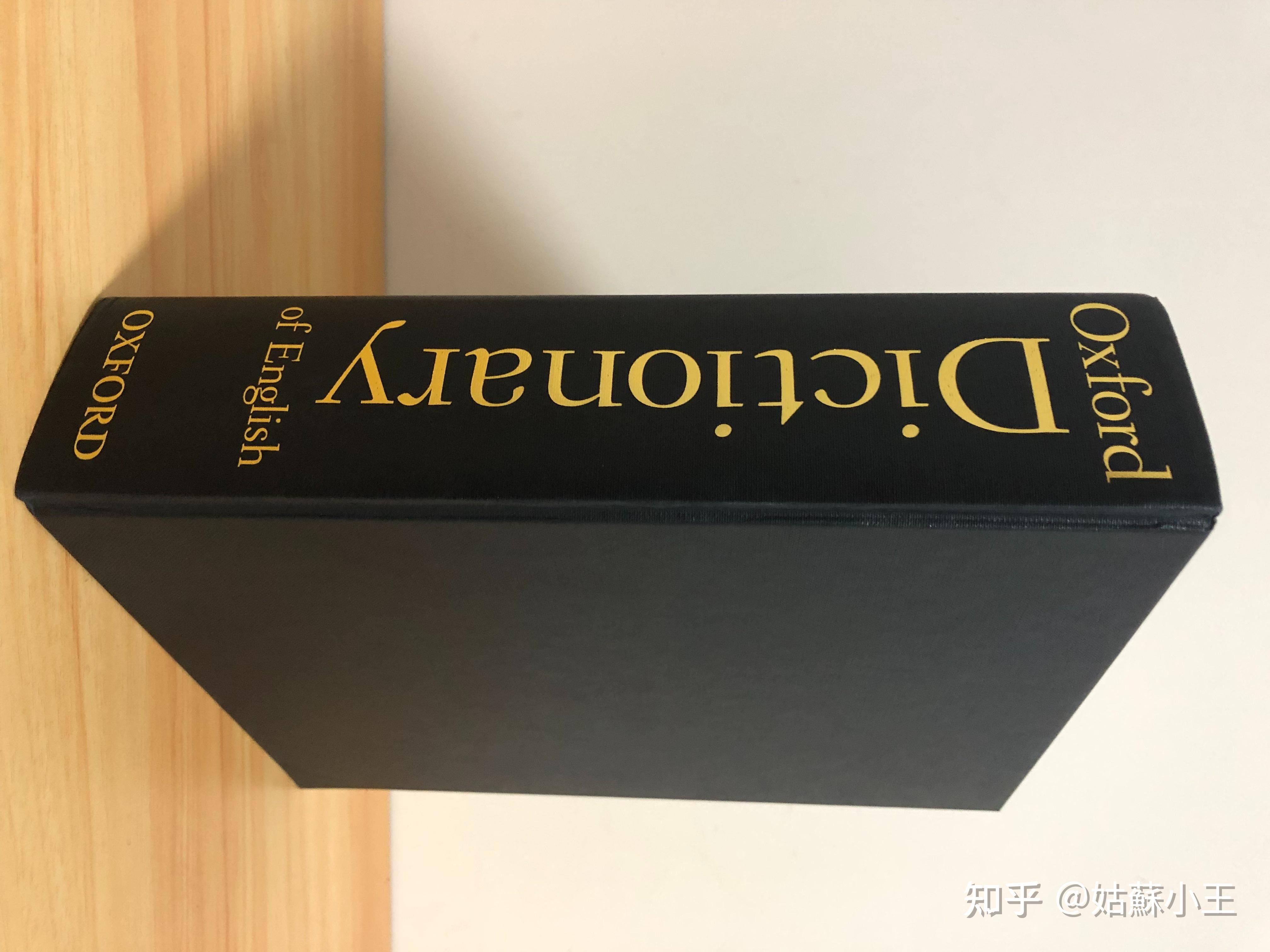
 纸质版本第三版 Oxford Dictionary of English
纸质版本第三版 Oxford Dictionary of English
 Collins English Dictionary (11th Edition)
Collins English Dictionary (11th Edition)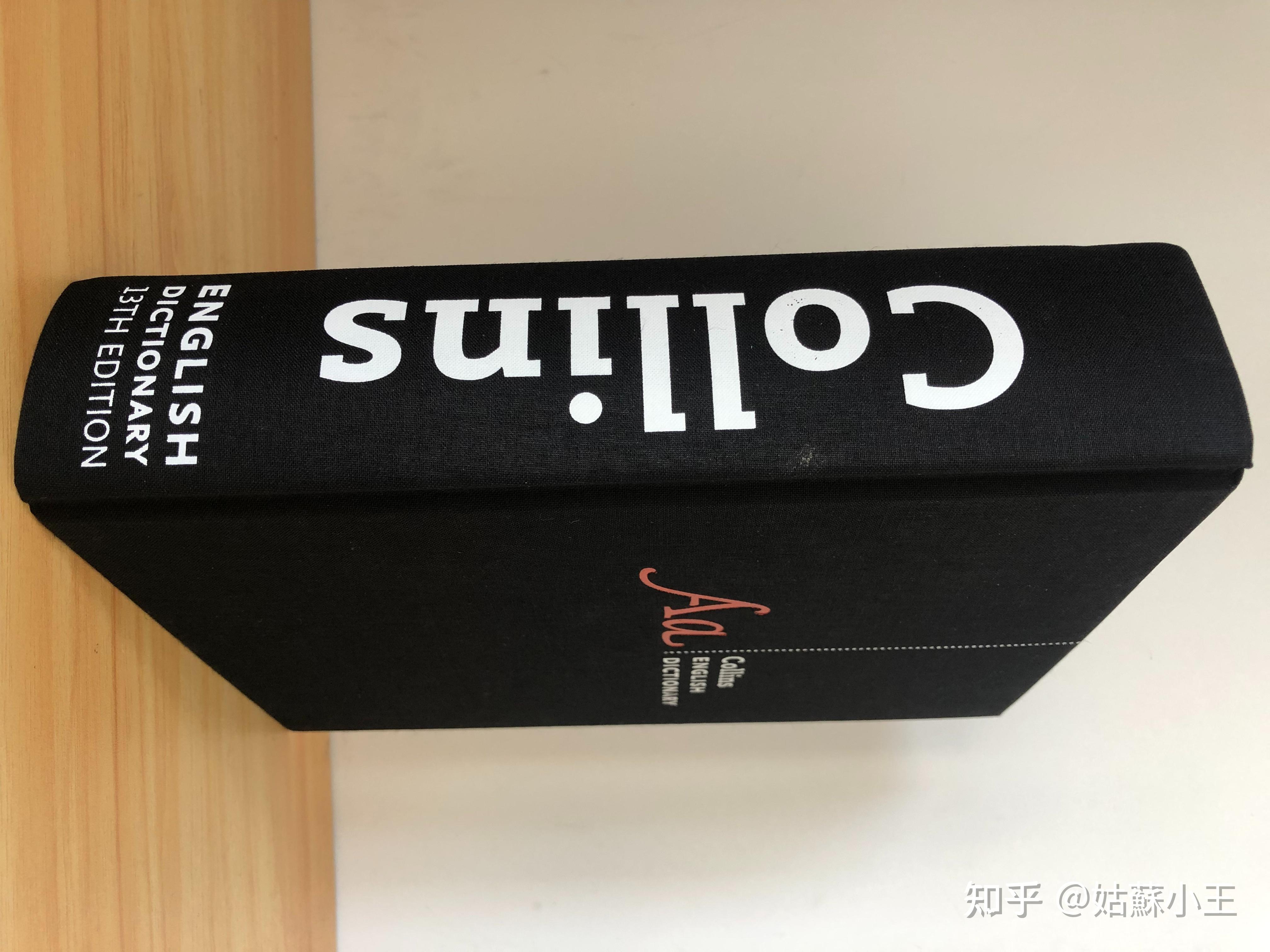
 纸质版本第13版 Collins English Dictionary
纸质版本第13版 Collins English Dictionary
 New Oxford American Dictionary(Third Edition)上面的词典是基本上除了OED官网,Merriam-webster官网以及Collins官网最全的纸质版本与高清PDF电子版词典了,基本上任何词汇与短语的历史与起源以及各个时期的用法(文学作品和报刊杂志中例句引用)都可以查询到。如果订阅不起官网以及购买不起纸质版本,同时为了方便查阅与阅读词汇词条用法,电子版本也是不错的选择,当然查阅纸质版本是很好的,因为词典的纸张翻阅起来质感很棒,前提也得爱护词典。
New Oxford American Dictionary(Third Edition)上面的词典是基本上除了OED官网,Merriam-webster官网以及Collins官网最全的纸质版本与高清PDF电子版词典了,基本上任何词汇与短语的历史与起源以及各个时期的用法(文学作品和报刊杂志中例句引用)都可以查询到。如果订阅不起官网以及购买不起纸质版本,同时为了方便查阅与阅读词汇词条用法,电子版本也是不错的选择,当然查阅纸质版本是很好的,因为词典的纸张翻阅起来质感很棒,前提也得爱护词典。
美国每年5月下旬有一个节目"Scripps National Spelling Bee",从1925年开始举办,由中学生(限制到8年级),里面词汇都是来源"Webster's Third New International Dictionary of the English Language Unabridged",其他词典基本查询不到。国内基本上学语言的朋友,老师等等都不认识下面词汇。
分享一下1925-2022冠军词汇(音标为美国韦氏专属):
1925: Frank Neuhauser—gladiolus \?gladē?ōl?s sometimes gl??dī?l?s\
1926: Pauline Bell—cerise \s?-?rēs, -?rēz\
1927: Dean Lucas—abrogate \?a-br?-?gāt\
1928: Betty Robinson—knack \?nak\
1929: Virginia Hogan—luxuriance \(?)l?g?zhu?rē?n(t)s, (?)l?k?shu?r-\
1930: Helen Jensen—fracas \?frā-k?s, ?fra-, British ?fra-(?)k?\
1931: Ward Randall—foulard \(?)fü|l?rd, f??l-, (?)fu?|l-, -la?d\
1932: Dorothy Greenwald—invulnerable \(?)in?v?l-n(?-)r?-b?l\
1933: Alma Roach—torsion \?to?rsh?n, -o?(?)sh-\
1934: Sarah Wilson—brethren \?breth-r?n; ?bre-th?-, -th?rn\
1935: Clara Mohler—intelligible \??n??tel?j?b?l\
1936: Jean Trowbridge—eczema \÷ig?zēm?, ?eks?m?, ?egz?m?, eg?zēm?\
1937: Waneeta Beckley—promiscuous \pr?-?mi-sky?-w?s\
1938: Marian Richardson—sanitarium \?san??ta(a)rē?m, -ter-, -tār-\
1939: Elizabeth Ann Rice—canonical \k?-?n?-ni-k?l\
1940: Laurel Kuykendall—therapy \?ther?pē, -pi\
1941: Louis Edward Sissman—initials \i-?ni-sh?ls\
1942: Richard Earnhart—sacrilegious \÷|sakr??|lij?s, -lēj-\
1946: John McKinney—semaphore \?sem??fō(?)r, -fo?(?)r, -ō?, -o?(?)\
1947: Mattie Lou Pollard—chlorophyll \?klo?r-?-?fil, -f?l sometimes ?kl?r-\
1948: Jean Chappelear—psychiatry \s?-?kī-?-trē, sī-\
1949: Kim Calvin—onerous \??-n?-r?s, ?ō-\
1950: Diana Reynard and Colquitt Dean—meticulosity \m???tiky??l?s?tē\
1951: Irving Belz—insouciant \in?-sē?nt, -sh?nt, F -sy??\
1952: Doris Ann Hall—vignette \(?)vin-?yet, (?)vēn-\
1953: Elizabeth Hess—soubrette \sü?bret\
1954: William Cashore—transept \?tran?sept, ?traan-\
1955: Sandra Sloss—crustaceology \|kr??stāshē??l?jē\
1956: Melody Sachko—condominium \?k?n-d?-?mi-nē-?m\
1957: Dana Bennett and Sandra Owen—schappe \?sh?p?\
1958: Jolitta Schlehuber—syllepsis \s???leps??s\
1959: Joel Montgomery—catamaran \|ka-t?-m?-|ran\
1960: Henry Feldman—eudaemonic \|yüdē|m?nik, -nēk\
1961: John Capehart—smaragdine \sm??ragd??n\
1962: Nettie Crawford and Michael Day—esquamulose \(?)ē?skwā-my?-?lōs, ?skw?-\
1963: Glen Van Slyke III—equipage \?ekw?pij\
1964: William Kerek—sycophant \?si-k?-f?nt also -?fant or ?sī-\
1965: Michael Kerpan Jr. —eczema (the same word as in 1936) \÷ig?zēm?, ?eks?m?, ?egz?m?, eg?zēm?\
1966: Robert A. Wake—ratoon \ra-?tün\
1967: Jennifer Reinke—chihuahua \ch?-?w?-(?)w?, sh?-, - w?\
1968: Robert L. Walters—abalone \|a-b?-|lō-nē\
1969: Susan Yoachum—interlocutory \?in-t?r-?l?-ky?-?t?r-ē\
1970: Libby Childress—croissant \kro?-?s?nt, kr?-; krw?-?s??\
1971: Jonathan Knisely—shalloon \sh??lün\
1972: Robin Kral—macerate \?mas??rāt, usually -āt+V\
1973: Barrie Trinkle—vouchsafe \(?)vau?ch-?sāf, ?vau?ch-?sāf\
1974: Julie Ann Junkin—hydrophyte \?hī-dr?-?fīt\
1975: Hugh Tosteson García—incisor \??n?sīz?(r), ?in?s- sometimes -īs?-\
1976: Tim Kneale—narcolepsy \?n?rk??lepsē\
1977: John Paola—cambist \?kam-b??st\
1978: Peg McCarthy—deification \?dē?f???kāsh?n\
1979: Katie Kerwin—maculature \?maky?l??chu?(?)r\
1980: Jacques Bailly—elucubrate \ē, ?? ?lük(y)??brāt \
1981: Paige Pipkin—sarcophagus \s?r-?k?-f?-g?s\
1982: Molly Dieveney—psoriasis \s??rī?s??s\
1983: Blake Giddens—purim \?pu?r?m, ?pü-, ?(?)rim, pu??rim\
1984: Daniel Greenblatt—luge \?lüzh\
1985: Balu Natarajan—milieu \mēl-?yü, -?y?, -?y?r, -?y?; ?mēl-?yü\
1986: Jon Pennington—odontalgia \?ō?d?n??talj(ē)?\
1987: Stephanie Petit—staphylococci \?staf?lō?k?k?sī\
1988: Rageshree Ramachandran— elegiacal \|el??|jī?k, -lē|- also -ī?ak; also ???lējē?ak or ē?lē-\
1989: Scott Isaacs—spoliator \?spō-?lē-??ā-?t?r\
1990: Amy Marie Dimak—fibranne \|fī|bran\
1991: Joanne Lagatta—antipyretic \|an-ti-pī-|re-tik, |an-tē-\
1992: Amanda Goad—lyceum \(?)lī|sē?m, ?līsē?m\
1993: Geoff Hooper—kamikaze \?k?m??k?zē\
1994: Ned G. Andrews—antediluvian \|an-ti-d?-|lü-vē-?n, -(?)dī-, -vy?n\
1995: Justin Tyler Carroll—xanthosis \zan?thōs??s\
1996: Wendy Guey—vivisepulture \?viv??sep?lch?r\
1997: Rebecca Sealfon—euonym \?yü??nim\
1998: Jody-Anne Maxwell—chiaroscurist \kē-??r-?-?sk(y)u?r-ist, -?er-?-, -?a-r?-\
1999: Nupur Lala—logorrhea \?lo?g??rē? also ?l?g-\
2000: George Abraham Thampy—demarche \dā-?m?rsh, di-?, ?dā-?\
2001: Sean Conley—succedaneum \?s?k-s?-?dā-nē-?m\
2002: Pratyush Buddiga—prospicience \prō?spish?n(t)s\
2003: Sai R. Gunturi—pococurante \|pōkōky?|rantē\
2004: David Tidmarsh—autochthonous \(?)o?-|t?k-th?-n?s\
2005: Anurag Kashyap—appoggiatura \?-?p?-j?-?tu?r-?\
2006: Kerry Close—Ursprache \?u?(?)r?shpr?k??\
2007: Evan M. O’Dorney—serrefine \?ser??fēn, (?)ser|f-\
2008: Sameer Mishra—guerdon \?g?rd?n\
2009: Kavya Shivashankar—Laodicean \(|)lā-|?-d?-|sē-?n, |lā-ō-\
2010: Anamika Veeramani—stromuhr \?strō?mu?(?)r\
2011: Sukanya Roy—cymotrichous \(?)sī|m??tr??k?s\
2012: Snigdha Nandipati—guetapens \|get?|p??\
2013: Arvind Mahankali—knaidel \k??nād?l, ?knā-\
2014: Ansun Sujoe and Sriram Hathwar—feuilleton, stichomythia \?f?ry??tō?, ?f??y?-, ?f?y?-, F f?ytō?\
\?stik??mithē?\
2015: Gokul Venkatachalam and Vanya Shivashankar—nunatak, scherenschnitte \?n?n??tak\
\?shār?n?shnit?\
2016: Jairam Hathwar and Nihar Janga—Feldenkrais, gesellschaft \?feld?n?krīs\
\g??zel?sh?ft\
2017: Ananya Vinay—marocain \|mar?|kān\
2018: Karthik Nemmani—koinonia \?ko?in??nē?, ?kēn?-\
2019: Rishik Gandhasri—auslaut \?au??slau?t, usually -t + V\
Erin Howard—erysipelas \?er??sip(?)l?s, ?ir-\
Saketh Sundar—bougainvillea \?bü-g?n-?vil-y?, ?bō-, ?bu?-, -?vē-?\
Shruthika Padhy—aiguillette \|ā-gwi-|let\
Sohum Sukhatankar—pendeloque \?p??d??lo?k\
Abhijay Kodali—palama \?pal?m?\
Christopher Serrao—cernuous \?s?rny?w?s\
Rohan Raja—odylic \(?)ō|dilik\
2021: Zaila Avant-garde—Murraya \?m?rē?\
2022: Harini Logan—spealbone \ ?spēl?bōn \
phreatophyte \ frē?at??fīt \
gaydiang \ ?gīdē?a? \
parison \ ?par??s?n \
excimer \ ?eks??(?)m?(r) \
toquilla \ tō?kē(y)? \
glochis \ ?glōk??s \
epaulement \ āpōlm?? \
chara \ ?ker-? \
maieutic \ mā?yüt|ik, mī?-, -üt|, |ēk \
chalicothere \ ?kal?(?)kō?thi(?)r \
teosinte \ ?tā??sintē \
bouchal \ ?bü???l \
saccharose \ ?sak??rōs also -ōz \
talisay \ t??lē?sī \
vesicate \ ?ves??kāt \
chorepiscopus \ ?k?r???pisk?p?s \
kniphofia \ nip?hōfē?, nī?fō- \
malbrouck \ ?mal?bru?k \
ornithorhynchus \ ?(r)?nith??ri?k?s, ??(r)n?thō?r- \
nandubay \ |ny?nd?|bī \
moorhen \ ?mu?r-?hen \
对于最长的词汇,OED与韦氏官网以及纸质版本里面都有的一个词是45个字母的“肺矽病”
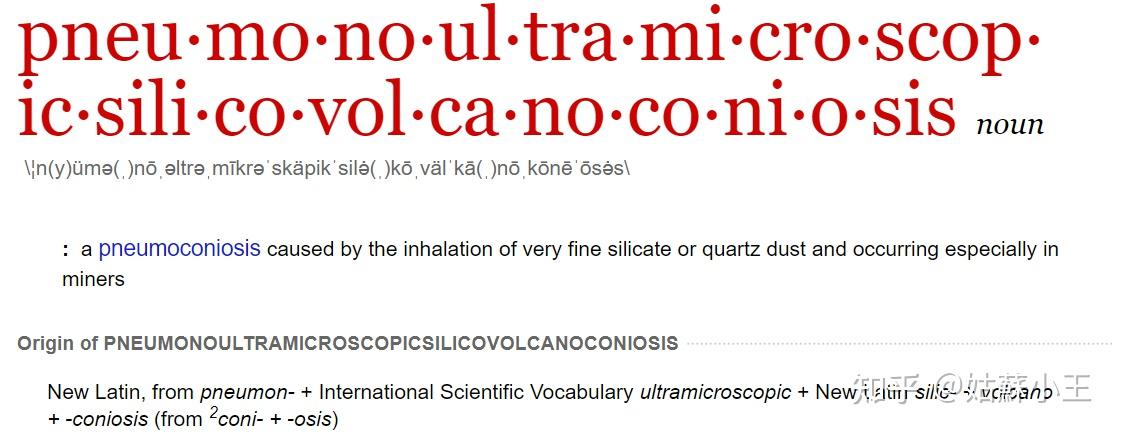
 韦氏词典纪录
韦氏词典纪录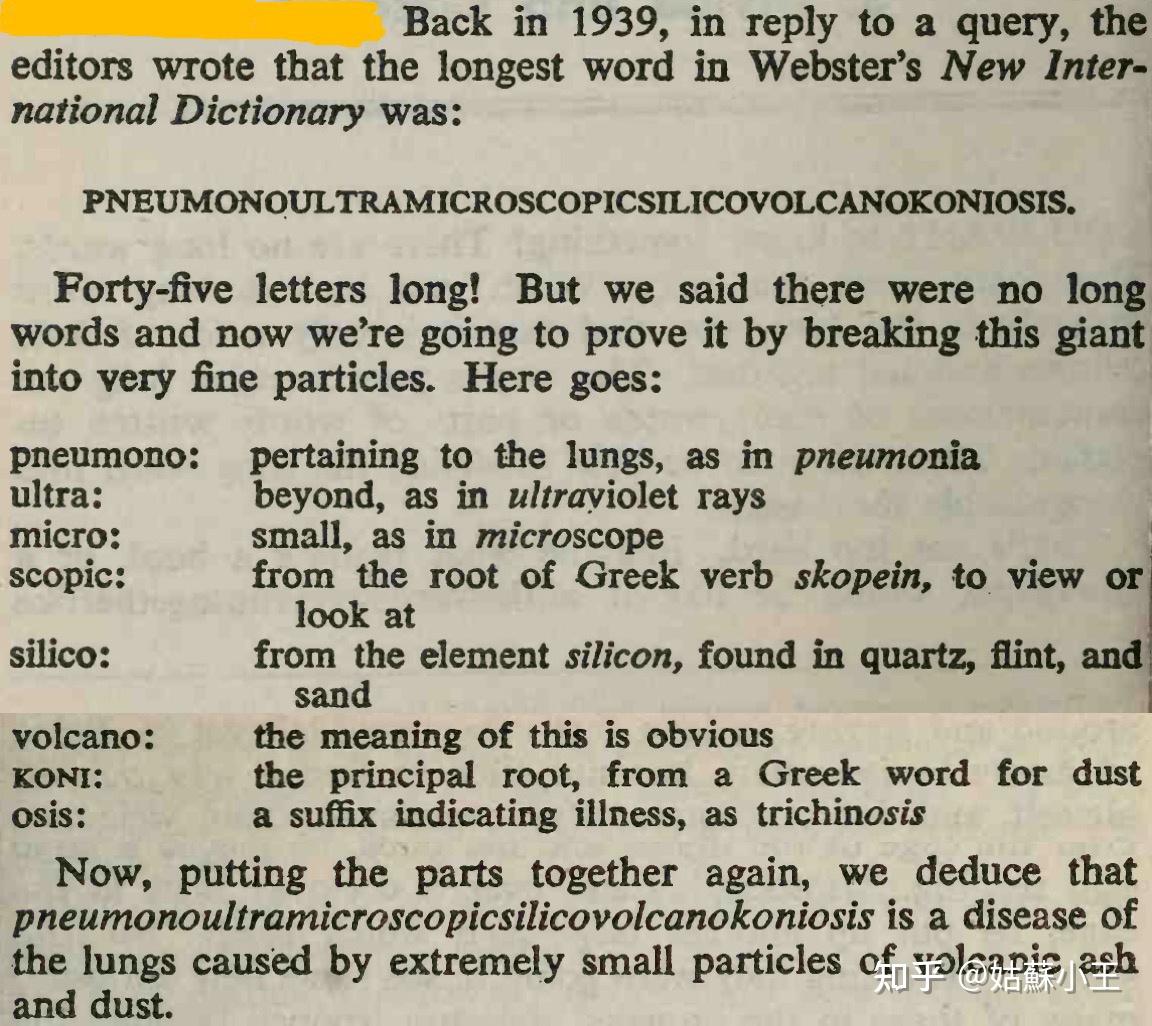
 分解记忆词汇其实我所见过的最长的词汇还不是上面的那个,而是已经下架的朗文词典官网所记录的一个英国北威尔士小村庄名,有58个字母:
分解记忆词汇其实我所见过的最长的词汇还不是上面的那个,而是已经下架的朗文词典官网所记录的一个英国北威尔士小村庄名,有58个字母:

 英国村庄名下面言归正传,谈Collegiate Dictionary,这是仅次于Full-size的词典:
英国村庄名下面言归正传,谈Collegiate Dictionary,这是仅次于Full-size的词典:
These dictionaries generally contain fewer entries (and fewer definitions per entry) than their full-size counterparts but may contain additional material, such as biographical or geopolitical information, that would be useful to a college student. They may be revised more often and thus contain more up to date usage. Sometimes the termcollegiateorcollegeis used merely to indicate a physically smaller, more economically printed dictionary.一共是3本词典:
1. Merriam-Webster's Collegiate Dictionary(Eleventh Edition)
2. The American Heritage College Dictionary(Fourth Edition)
3. Webster's New World Dictionary
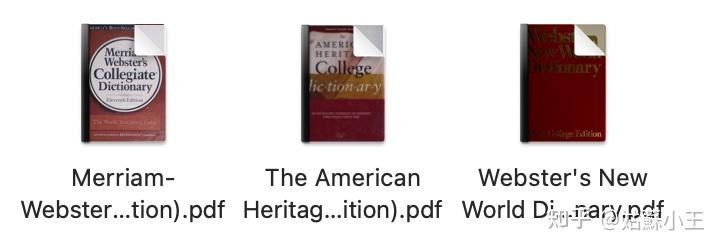
 Collegiate Dictionary
Collegiate Dictionary
 The American Heritage College Dictionary(Fourth Edition)Collegiate Dictionary词典好处在于,首先它比unabridged版本简约,同时英文释义简洁、明了,没有Learner's Dictionary那样用简单词汇释义,查阅快,缺点是许多英文释义词汇和短语大部分人开始查阅会有困难。
The American Heritage College Dictionary(Fourth Edition)Collegiate Dictionary词典好处在于,首先它比unabridged版本简约,同时英文释义简洁、明了,没有Learner's Dictionary那样用简单词汇释义,查阅快,缺点是许多英文释义词汇和短语大部分人开始查阅会有困难。
下面谈一下我们日常生活与学习中使用的Learner's Dictionary(学习词典),好处在于英文词汇与短语以及谚语是以2000-3000基础词汇来释义,同时短语、搭配以及谚语丰富,语法与用法也有所列举,最关键的一点是例句特别丰富,尤其美国韦氏和英国朗文。对于平时的学习、考试以及阅读英文名著基本上够用了,如果结合其他unabridged和collegiate dictionary,那会达到事半功倍的效果。这些词典一共6本:
1. Cambridge Advanced Learner's Dictionary(Fourth Edition)
2. Collins COBUILD Advanced Learner's Dictionary (8th edition)
3. Longman Dictionary of Contemporary English(Fifth Edition)
4. Macmillan English Dictionary for Advanced Learners
5. Merriam-Webster's Advanced Learner's English Dictionary 2008
6. Oxford Advanced Learner's Dictionary of Current English(9th Edition)

 Learner's Dictionary
Learner's Dictionary
 Longman Dictionary of Contemporary English(Fifth Edition)
Longman Dictionary of Contemporary English(Fifth Edition)
 Merriam-Webster's Advanced Learner's English Dictionary 2008
Merriam-Webster's Advanced Learner's English Dictionary 2008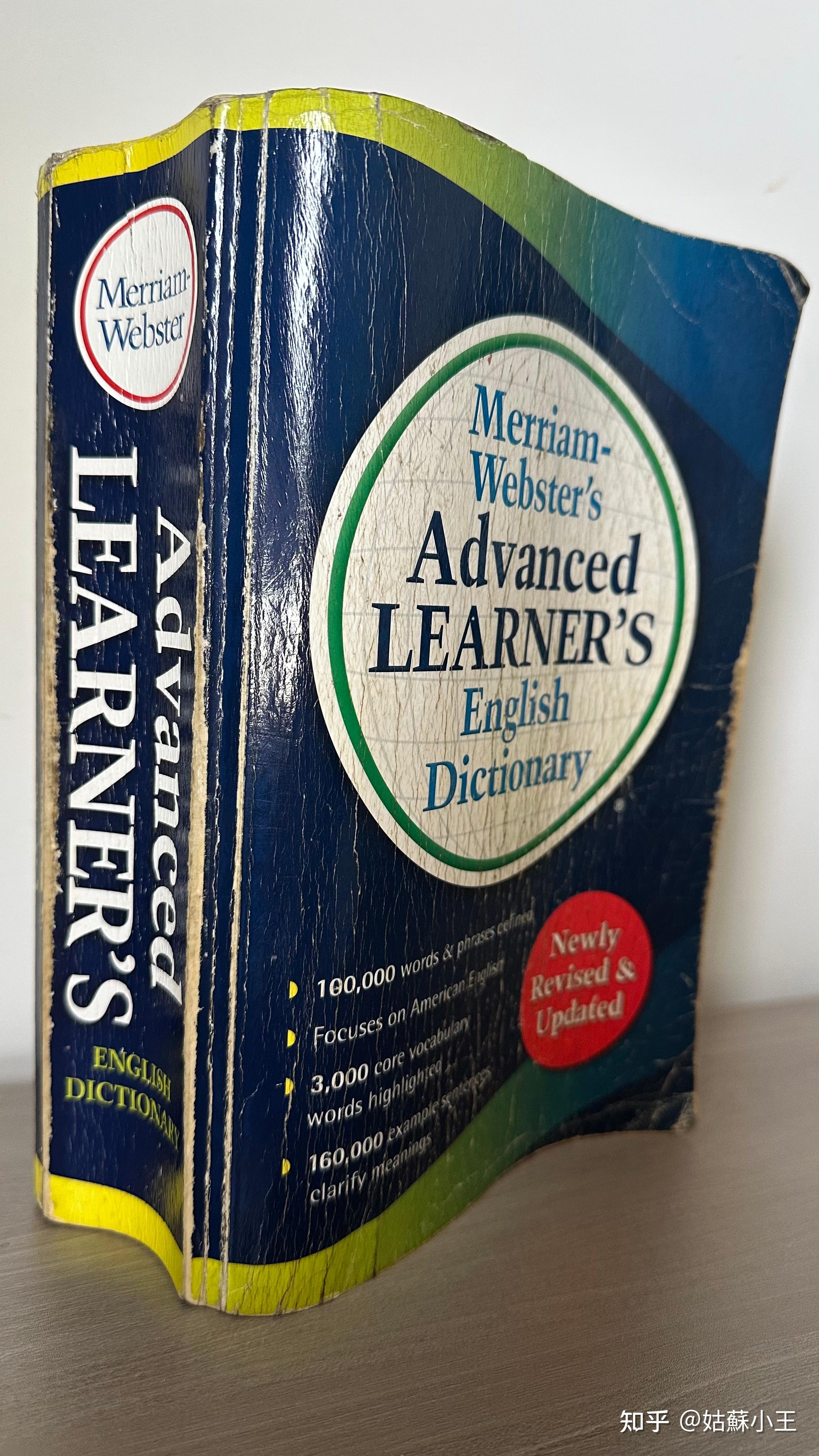
 纸质版本 Merriam-Webster's Advanced Learner's English Dictionary 2017Longman Dictionary of Contemporary English最新纸质版本是第六版,官网去年已经关闭,第五版是经典版本,含CD- ROM;Merriam-Webster's Advanced Learner's English Dictionary最新是2017年修订版本;Oxford Advanced Learner's Dictionary of Current English最新是第10版;Collins COBUILD Advanced Learner's Dictionary最新是第9版。
纸质版本 Merriam-Webster's Advanced Learner's English Dictionary 2017Longman Dictionary of Contemporary English最新纸质版本是第六版,官网去年已经关闭,第五版是经典版本,含CD- ROM;Merriam-Webster's Advanced Learner's English Dictionary最新是2017年修订版本;Oxford Advanced Learner's Dictionary of Current English最新是第10版;Collins COBUILD Advanced Learner's Dictionary最新是第9版。
继续谈下一个关于Collocations and Thesaurus,也就是英语中的短语搭配与同义词,这方面朗文与牛津做的不错,出了几本很不错的词典,尤其朗文出的系列,韦氏的太密集了,例句也少,不怎么适合一般阅读与查询,OED版本的是同义词鼻祖,仅供休闲阅读,这本就是Volume I,Volume II是索引(Index):
1. Historical Thesaurus of the Oxford English Dictionary Volume I
2. Longman Collocations Dictionary and Thesaurus
3. Longman Language Activator
4. Merriam-Webster's Collegiate Thesaurus
5. Oxford Phrasal Verbs Dictionary for Learners of English

 Collocations and Thesaurus
Collocations and Thesaurus
 Longman Collocations Dictionary and Thesaurus见Longman Collocations Dictionary and Thesaurus可以发现同义词以及常见搭配这本词典给罗列的一清二楚,对于写作,尤其对英文是第二语言的我们来说,是有很大帮助的。很多年前阅读查询的纸质版本,那会儿海淘也挺贵的,不过如今纸质版本与电子版本一起使用,有疑问立刻便能解决。
Longman Collocations Dictionary and Thesaurus见Longman Collocations Dictionary and Thesaurus可以发现同义词以及常见搭配这本词典给罗列的一清二楚,对于写作,尤其对英文是第二语言的我们来说,是有很大帮助的。很多年前阅读查询的纸质版本,那会儿海淘也挺贵的,不过如今纸质版本与电子版本一起使用,有疑问立刻便能解决。
最后谈几本汉英词典,首先林语堂先生的“Lin Yutang's Chinese-English Dictionary of Modern Usage”,香港中文大学出版的,我一直很喜欢,因为以前阅读古文以及古诗词与成语时候,翻译英文不熟悉,所以就查询,立刻解决了问题。如:
藕斷絲連 a section of arrowroot is separated, but the clinging fibre remains-of lovers separated by force but their love lingers on; relations that cannot be entirely severed.己所不欲,勿施於人 don't do to others what you would not have others do to you;远东汉英大辞典是梁实秋先生所编写,有繁体版本与简体版本2种,可以与林语堂先生的词典结合使用,对于翻译是有很大帮助的,林语堂先生的词典也有免费的官网版本:https://humanum.arts.cuhk.edu.hk/Lexis/Lindict/,《英汉大词典》这2本是陆谷孙先生所编写,适合看看。
1. 英汉大词典 上卷 A-L
2. 英汉大词典 下卷 M-Z
3. 远东汉英大辞典
4. 遠東漢英大辭典
5. Lin Yutang's Chinese-English Dictionary of Modern Usage

 汉英词典
汉英词典
 Lin Yutang's Chinese-English Dictionary of Modern Usage以上便是今天所要谈的各种词典与部分介绍。最后以The Easton Press与The Heritage Press出版的2本书籍:The Iliad of Homer与The Odyssey of Homer结束今天的视觉与精神享受。
Lin Yutang's Chinese-English Dictionary of Modern Usage以上便是今天所要谈的各种词典与部分介绍。最后以The Easton Press与The Heritage Press出版的2本书籍:The Iliad of Homer与The Odyssey of Homer结束今天的视觉与精神享受。

 The Iliad of Homer
The Iliad of Homer
 The Odyssey of Homer
The Odyssey of Homer
四下英语重点单词句型语法详解,期末考试必备
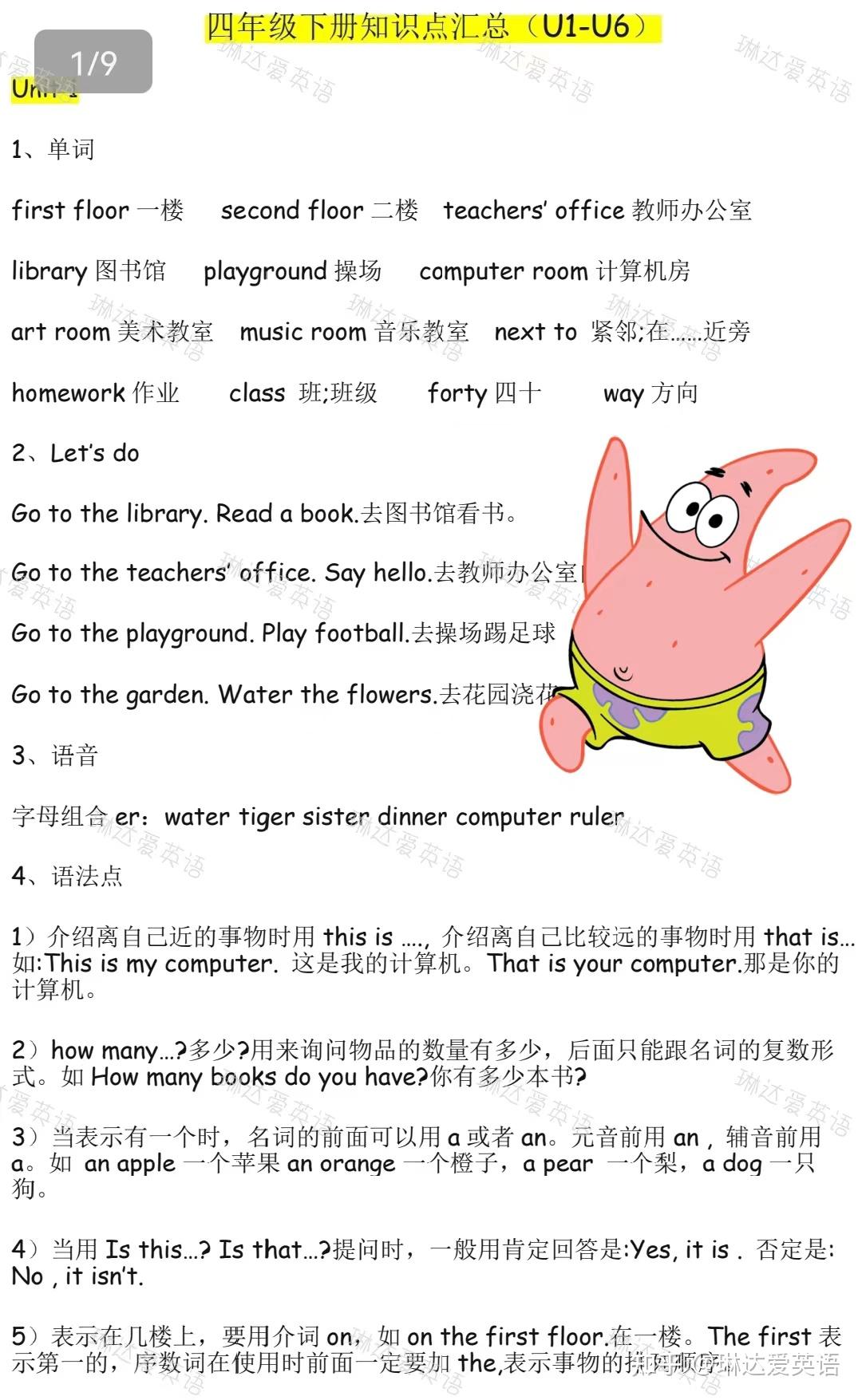

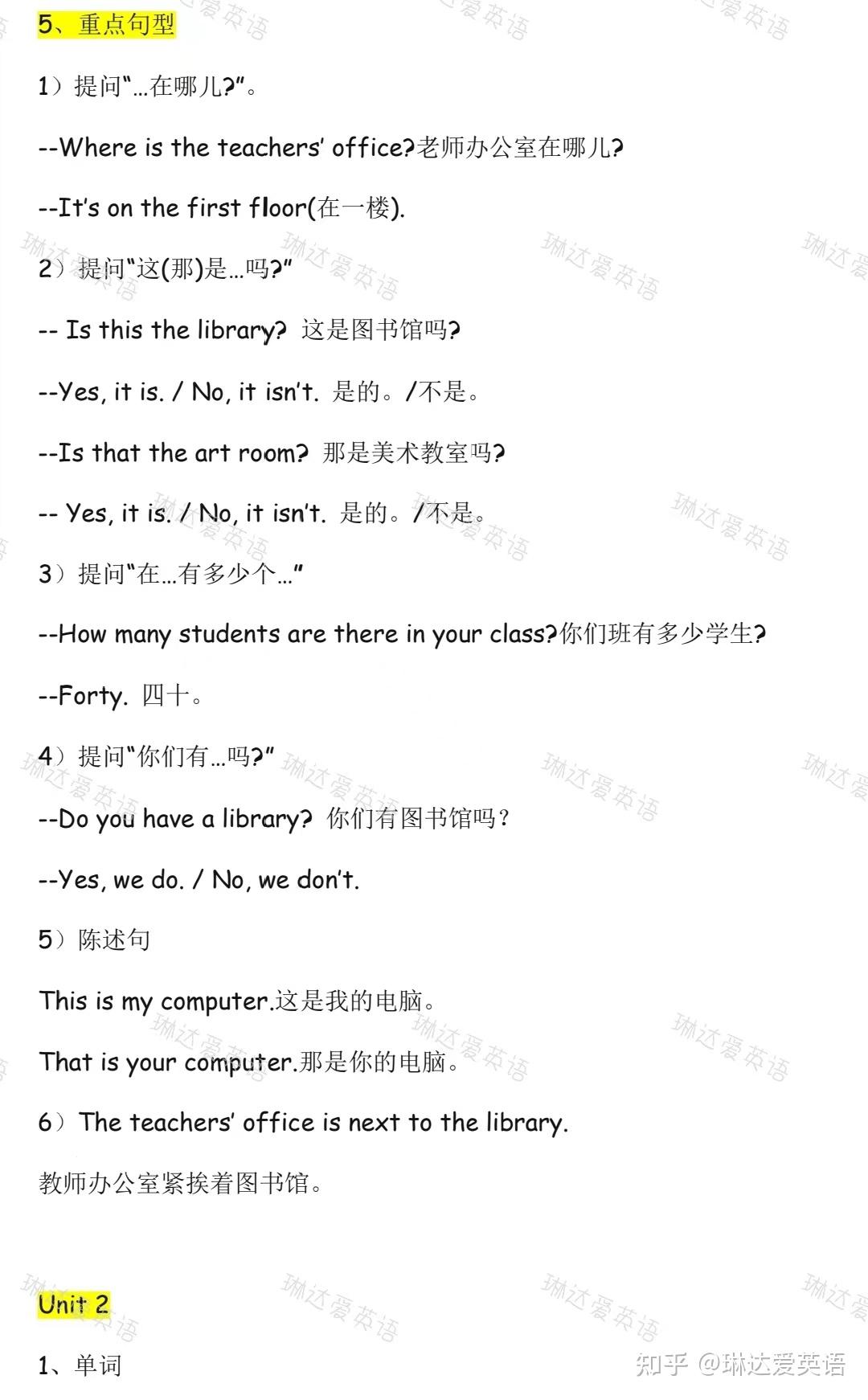

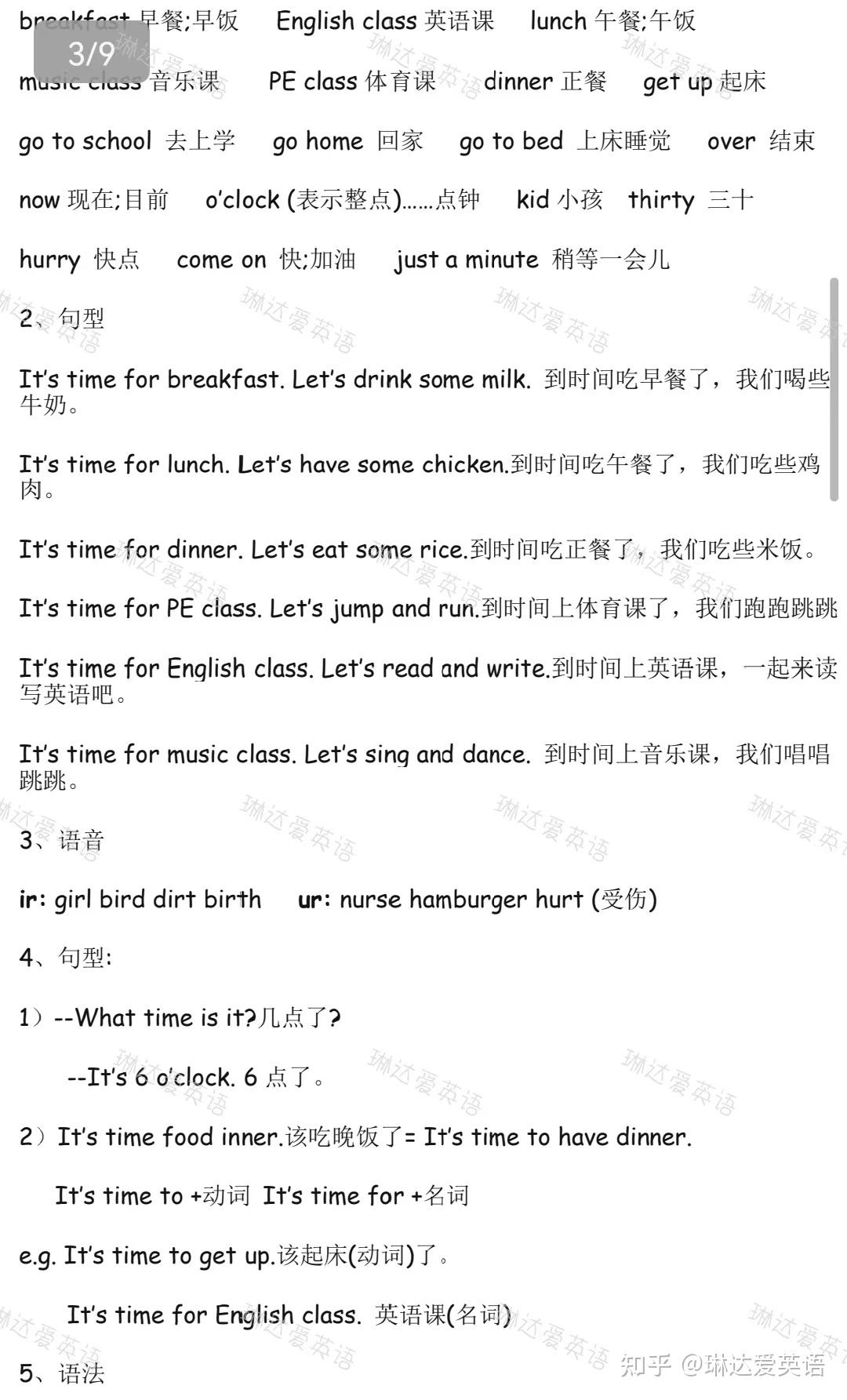

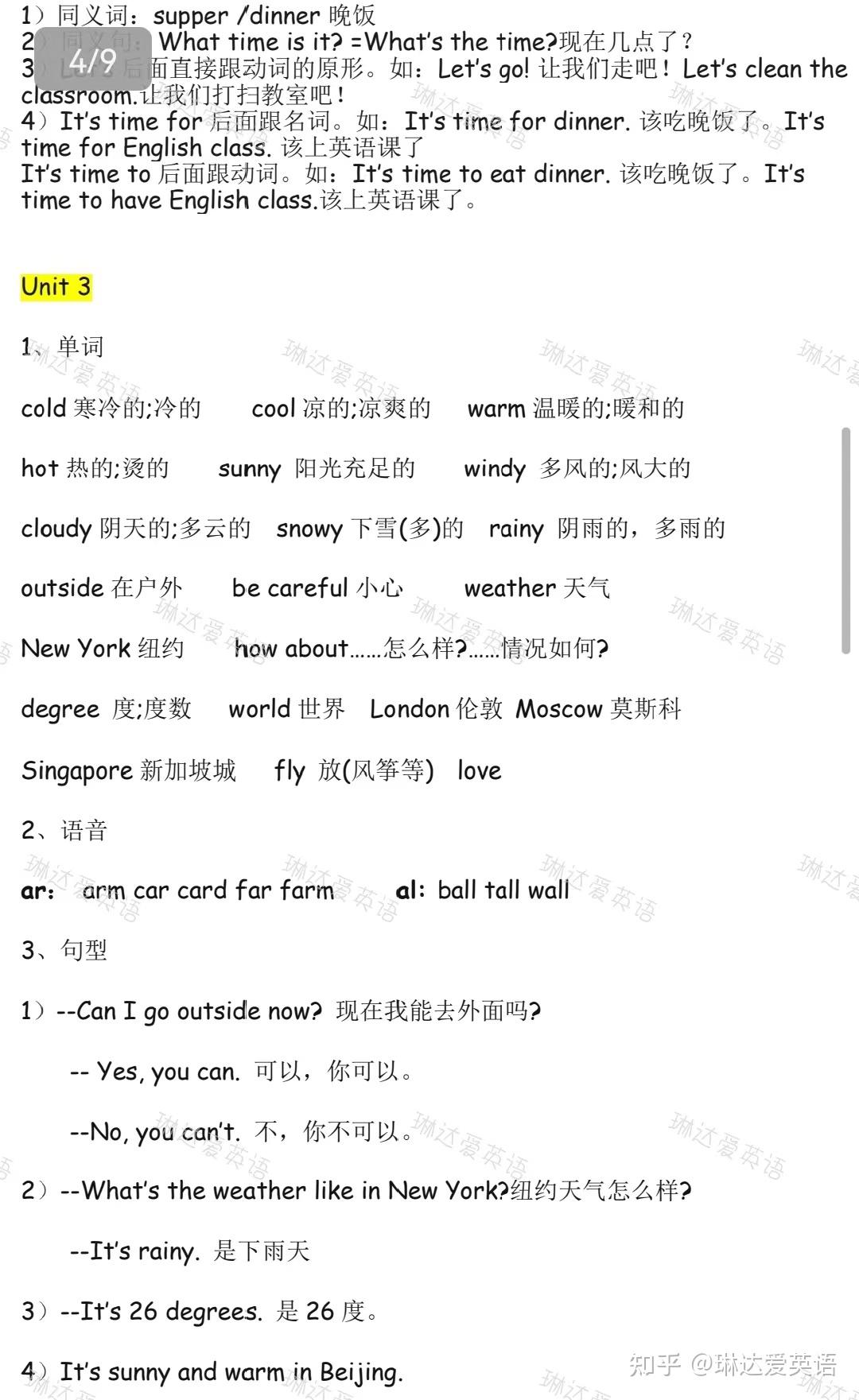

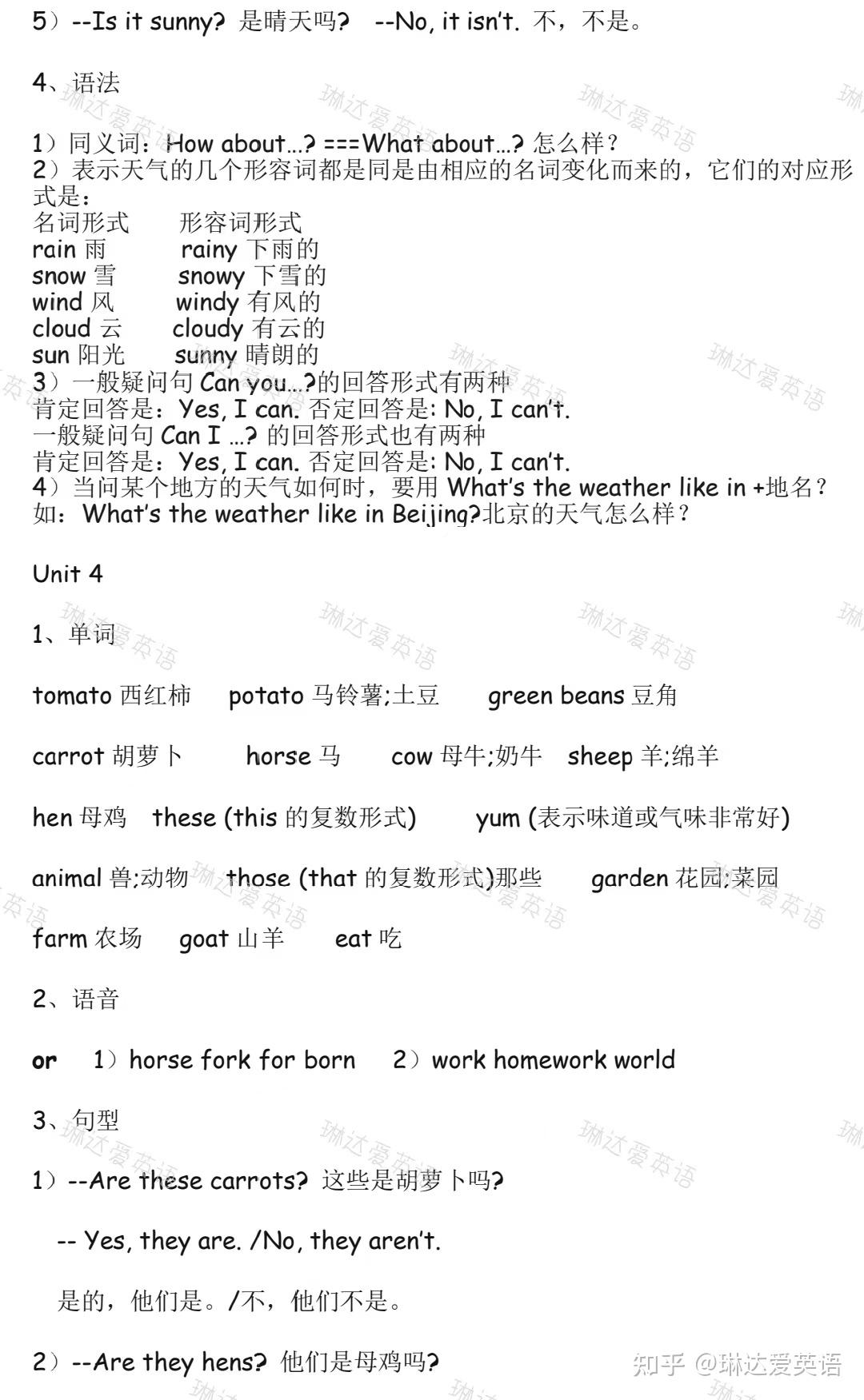
 总共9页,冲刺期末考,提分必备
总共9页,冲刺期末考,提分必备
真的没有适合无基础的成年人自学英语的网站吗!!!在网上找了好好久,好久,国内的,国外的都看了,没找到适合我(普通上班族)自学英语的网站呀!!!当然,那些不适合的网站真的做得非常棒,但是在我看来仅仅适合英语过了专业6级,或者以上的人使用。选说说我的英语基础,普本毕业,从小到大英语都很差们就是学不会,方法用过很多种,也非常努力的学习过好几次,依旧学不会,后放弃。现在的英语水平就是会26个字母和90多个单词,仅此而已!!!语法完全不懂,语法于我而言是天书。年纪渐长自觉理解能力变强了,想用上班摸鱼时间自学英语。没打算考级,没打算说一口纯正发音,只要听得懂日常生活英语交流,能说就满足了。吐槽一下,很多英文学习材料是国家地理上的文章,或新闻或名著小说。这些材料真的让人一点想看的欲望都没有,为什么那么多APP,教材,学习网站等最喜欢用这些文章做学习资料,就算是母语的这类文章也不想看吧,学英语的兴趣不是很重要吗?为什么那种短小精悍有趣的小说,或段子,或脱口秀等等这些作为学习阅读的材料不是更有趣吗?这种学习网站也好,给我的感觉就是英语没有4级以上不配自学,太打击人的积极性了。
因为学“英语”,它不是刚需。
无论是英语还是其他,当他无法在你生活为你所用的时候,也就无法感受到它的必要性。
大脑的最基本功能是节能,当你的大脑感觉到你并不需要这一项技能的时候,会以很快的速度遗忘掉——《打开心智》为什么我们学了这么多年的英语还是无法融会贯通学好它呢?
最本质的原因是英语无法让你运用在生活中,无法对于你的生活产生影响力。
所以那些说自己的口语水平基础差,周围环境差都是借口,
本质原因是他不是你的刚需,不是非学不可的技能。
所以你想学好一门技能,一定要找一个非学不可的理由。
当你强烈想学习这一门技术的时候,有了这个理由你才会更快的掌握它。

